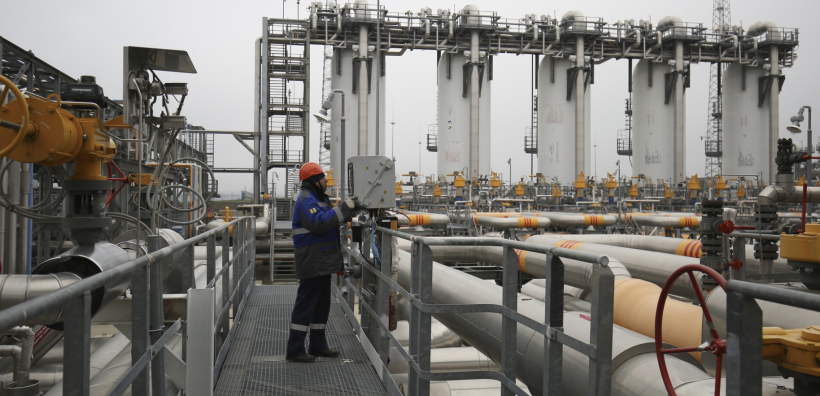A Turkish-Bulgarian gas supply agreement reached last month is troubling Greece’s energy players at institutional and market levels as its impact could affect the role of Greek infrastructure, officials have told energypress.
Local officials are mostly concerned about the deal’s gas supply quantity eventually growing in size rather than the small gas quantities it currently involves, as they only cover a small percentage of Bulgaria’s gas needs.
The majority of Bulgaria’s gas needs are still planned to be covered by LNG shipments coming in through the LNG terminal at Revythoussa, close to Athens, while the prospective Alexandroupoli FSRU in Greece’s northeast will, no doubt, contribute to cover Bulgarian gas demand, once the project is launched.
Turkey and Bulgaria, represented by their respective state energy companies, Botas and Bulgargaz, signed a 13-year gas supply agreement on January 3, according to which Turkey is required to supply Bulgaria an annual gas quantity of 1.5 bcm.
EFET, the European Federation of Energy Traders, wants the Turkish-Bulgarian agreement investigated by the European Commission’s Directorate-General for Energy and Directorate-General for Competition, contending European regulations and the overall institutional framework defining the operation of gas infrastructure within the EU and access to interconnection points have been breached.





